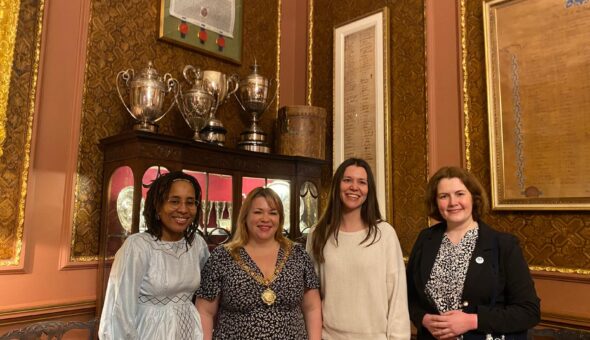At the end of May this year I had the opportunity to visit the University of Stellenbosch for 3 months as part of the Global Partner Research Scholarships (GPRS).
I have spent the time on my PhD which examines the process of low energy recovery and the purification of biofuels and biochemicals from the fermentation media used to produce them.
Currently this process is incredibly energy intensive and hinders the cost comparability of biofuels and biochemicals with crude oil derived products. My PhD research explores membrane separations, a novel method for separating different components of a liquid mixture. When applied to the separation of fermentation products, this method would provide enormous energy and cost savings, which results in an improvement in the efficiency of the overall process.
At the University of Stellenbosch, I focused on two parts of my PhD project.
First, I was in collaboration with Professor Len Barbour in the Department of Chemistry to work on applying novel materials called Metal-Organic Frameworks (MOFs) to these types of separations and the mechanism of separation involved. The collaboration has opened up new avenues for my research looking at applying some of the new materials being studied within the group.
The second part of the project involved working alongside Dr Percy van der Gryp within the Department of Process Engineering. We attempted to apply the MOF membranes to the separation of a fermentation product from water. The work has produced some promising results which we aim to publish in the near future.

Between running these experiments in South Africa, I had the opportunity to take advantage of some of the great scenery and fantastic surfing.


The trip was a great chance to work with experts from the University of Stellenbosch. It has allowed for my PhD to go in new directions that would not have otherwise been possible.
Chris Davey is a PhD student at the Centre for Sustainable Chemical Technologies working on the low energy recovery of fermentation products using membrane processes with Dr Darrell Patterson and Professor David Leak.
Respond
